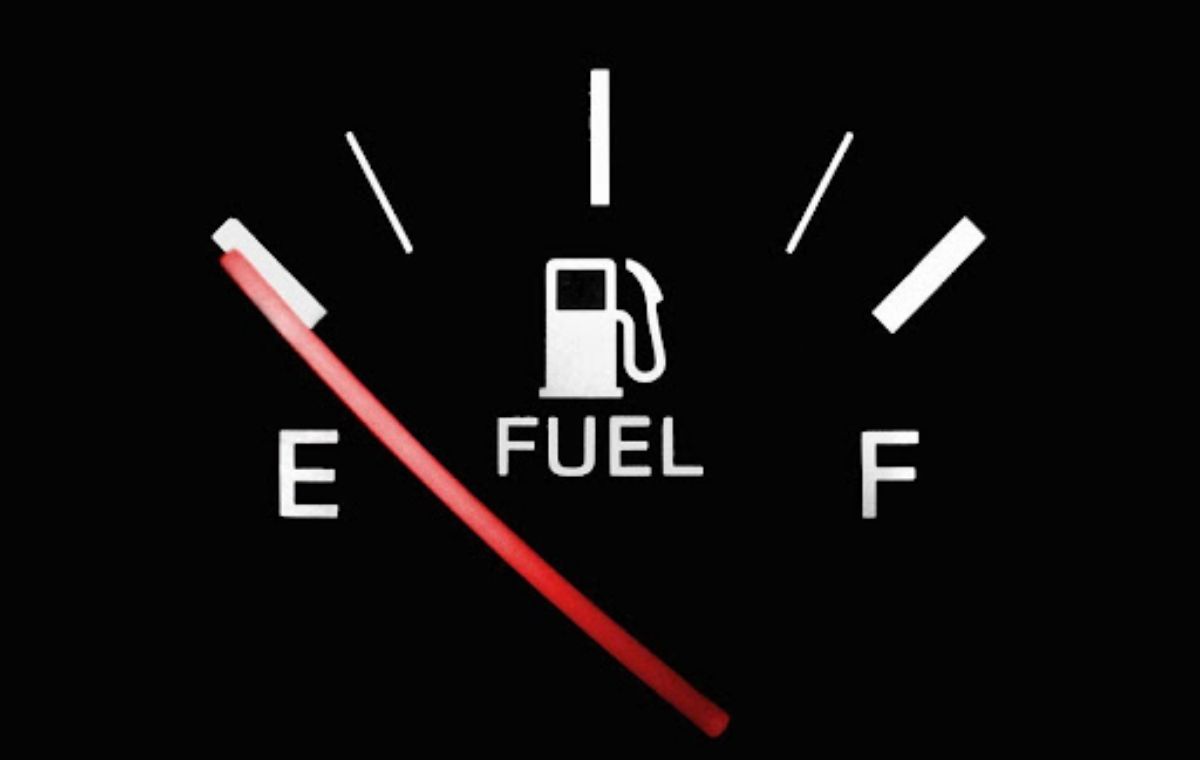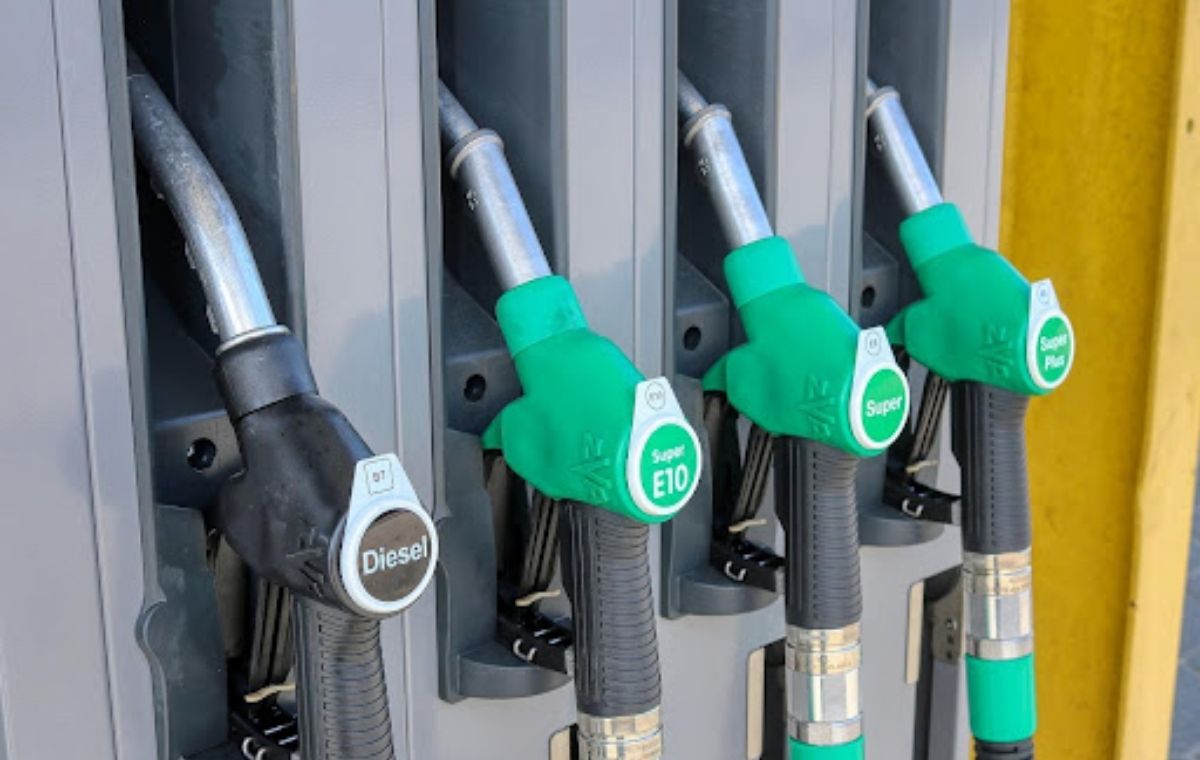Fuel is an essential part of our lives. We use it to power our cars, heat our homes, and cook our food. It’s no wonder that businesses that store, transport, or dispense fuel have to take safety precautions to keep their employees and customers safe. In this blog post, we will discuss seven safety tips for businesses in these industries. Follow these tips and you can rest assured that your business is operating safely!

1) How to Properly Store Fuel?
One of the most important safety tips for businesses that store fuel in properly labeled containers. This will help you keep track of how much fuel you have and will also help prevent accidental fires. This means that you have to obtain proper fuel tanks. Fuel tanks should be made of durable material that can withstand fire and heat. They should also be properly vented to prevent explosions. Also, fuel storage tanks should be kept away from sources of ignition, such as heaters and sparks. This is important in order to prevent any accidental fires. If you make sure to have proper fuel tanks, you will be one step closer to keeping your business safe. Finally, always store fuel in a cool, dry place.
2) Use Pumps and Nozzles
One more safety tip for businesses that store or dispense fuel is to have proper pumps and nozzles. Pumps and nozzles should be made of materials that are compatible with the type of fuel being handled. For example, if you are handling gas, you will need to use pumps and nozzles made of materials that can withstand the corrosive nature of the gas. Also, all fuel pumps and nozzles should be properly grounded to prevent static electricity from causing a fire or explosion. If you take care to have proper pumps and nozzles, you will help keep your business safe.
3) Piping and Hoses
Another essential safety tip is to make sure that all piping and hoses are in good condition. Leaks can lead to fires and explosions, so it’s important to regularly check for leaks and repair them immediately. All fuel lines should be made of materials that are compatible with the type of fuel being transported. For example, if you are transporting gasoline, you will need to use fuel lines made of materials that can withstand the corrosive nature of gasoline. Also, all hoses should be properly secured to prevent them from coming loose and causing a spill. This can be done by using hose clamps or by welding the hoses to the piping.

4) How to Transport Fuel?
The next tip regarding the safety of your business and your employees is to take precautions when transporting fuel. Transporting fuels is dangerous because it increases the risk of spillage and fire. You need to make sure that your vehicles are in good condition and that they are properly equipped for transporting fuel. The term good equipment refers to having the proper fuel tanks, pumps, and hoses. You should also have a plan in place in case of an accident. This plan should include having a way to contain any spillage and having a way to notify the proper authorities. Also, only transport the amount of fuel that you need. This will minimize the risk of a spill or fire. When loading and unloading fuel, be sure to do so in a well-ventilated area. Finally, always have a fire extinguisher on hand in case of an emergency. If you take these precautions, you can help keep your business safe.
5) Personal Protective Equipment
Another important safety tip is to make sure that you and your employees are wearing the proper personal protective equipment. This includes gloves, goggles, and respirators. Other pieces of protective equipment are also available and should be used as needed. You need to make sure that your employees are properly trained in how to use this equipment. Also, you need to make sure that the equipment is properly maintained. This includes making sure that it is clean and in good condition. Wearing the proper PPE will help protect you from fires and explosions. What’s more, it will also help protect you from exposure to harmful chemicals.
6) Safety Training for Your Employees
One of the most important safety tips for businesses that store, transport, or dispense fuel is to provide training for all employees. Employees should be properly trained in how to safely handle fuel. They should also be aware of the dangers of fire and explosion. During this type of training, they will learn about the proper way to handle fuel, how to identify hazards, and what to do in case of an emergency. For instance, they will learn about how to shut off fuel pumps in case of a fire. Also, they should be familiar with the evacuation procedures in case of an emergency. Providing this training will help keep your business safe and will help prevent accidents.
7) Have an Emergency Plan
Last but not least, always have a plan in place in case of an emergency. Emergency plans are important for businesses that store, transport, or dispense fuel. This is because fuel fires and explosions can be very dangerous. Having an emergency plan will help you and your employees know what to do in case of an accident. This plan should include evacuating the area and calling the fire department. Having a plan in place will help keep your business safe in the event of an accident. Additionally, practicing this plan will help ensure that everyone knows what to do in an emergency. For instance, if there is a fuel fire, you and your employees will know to evacuate. Fuel fires will also provide a sense of calm in the event of an accident. Knowing what to do in an emergency can help save lives.
By following these safety tips, you can help keep your business safe! Fuel is an essential part of our lives and it’s important to take precautions to prevent accidents. If you follow these tips, you will be one step closer to keeping your business safe! Thanks for reading! We hope this was helpful! Stay safe out there!
